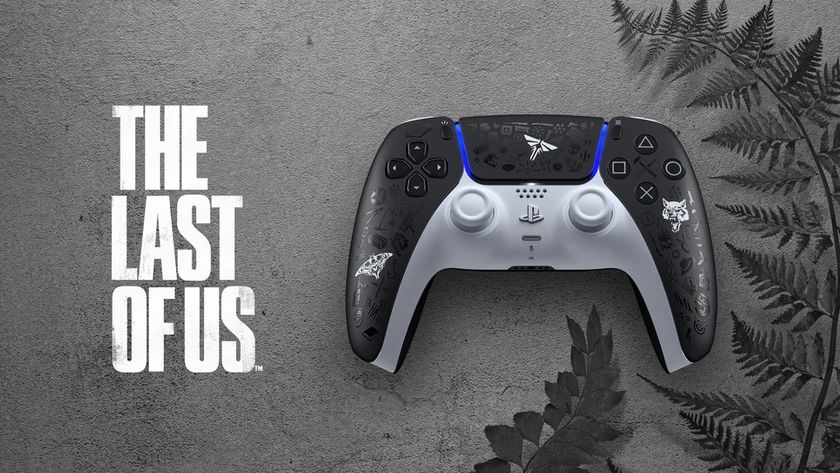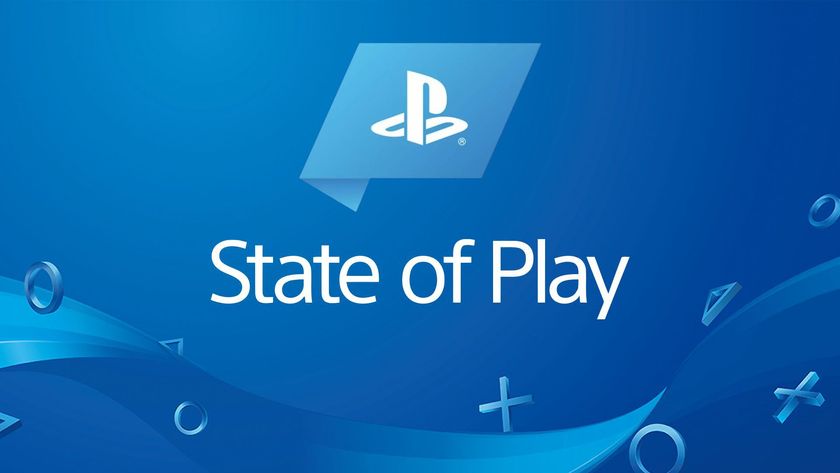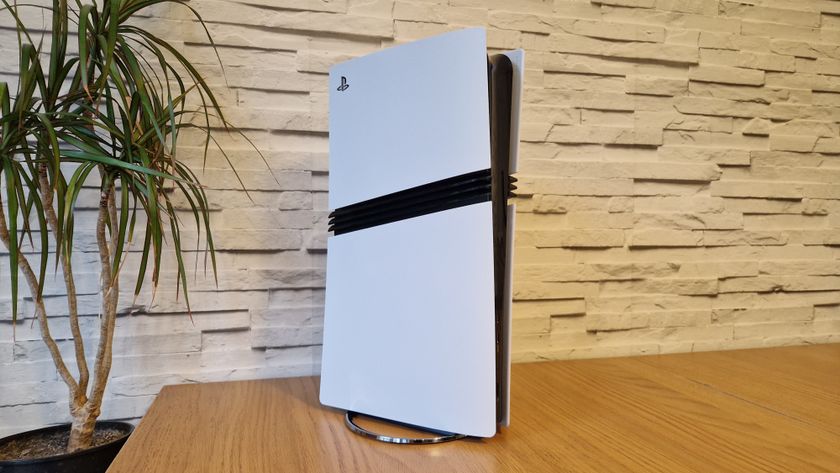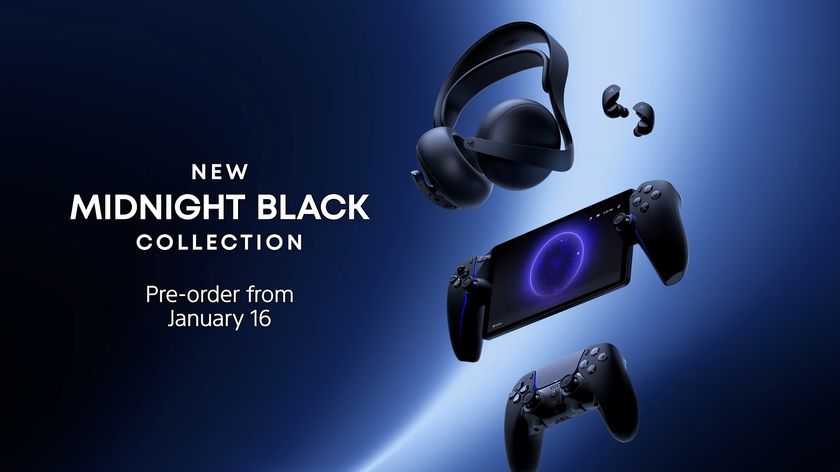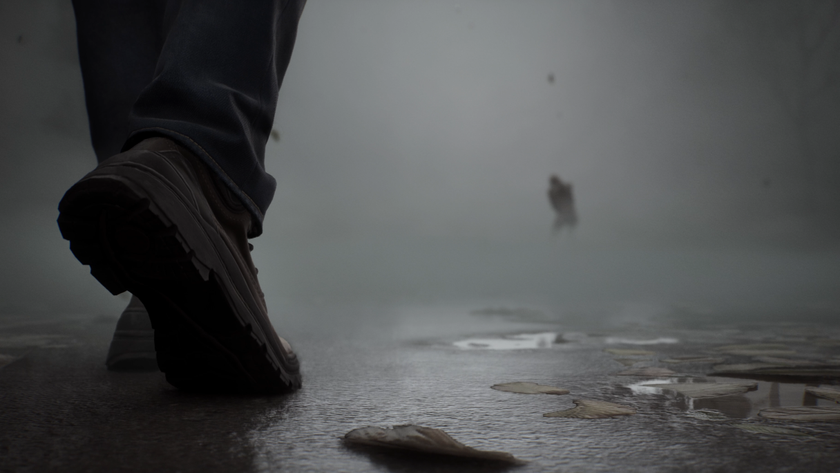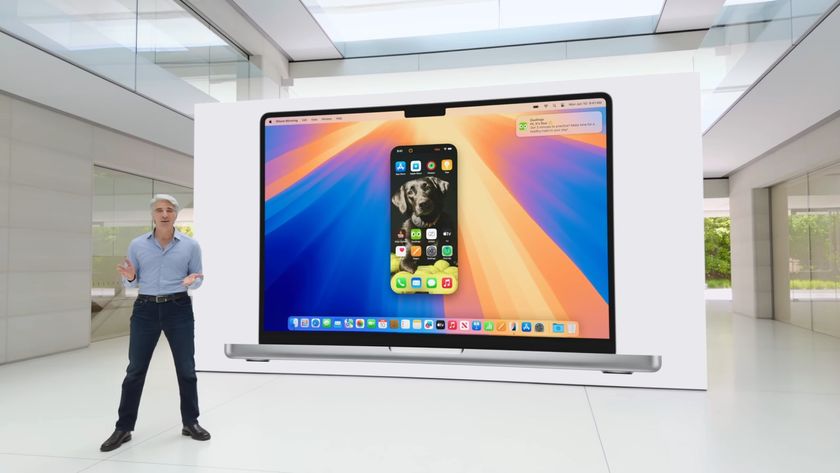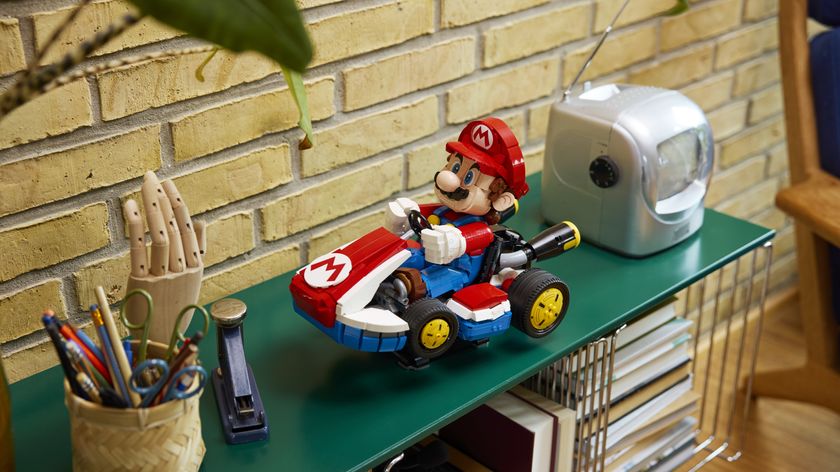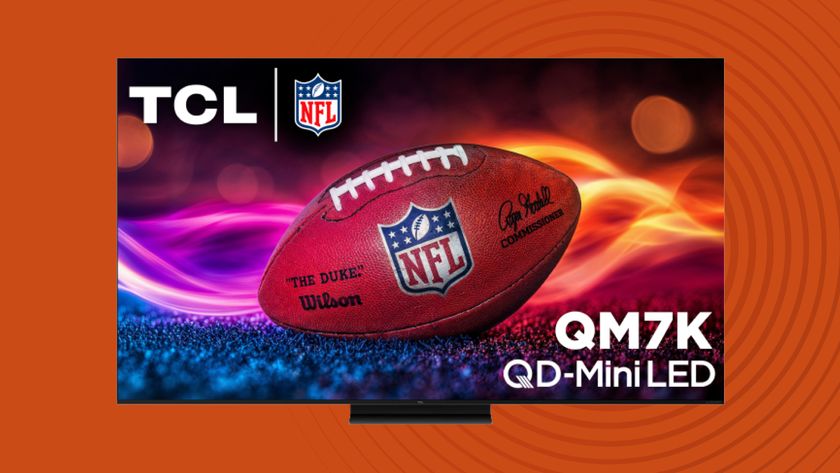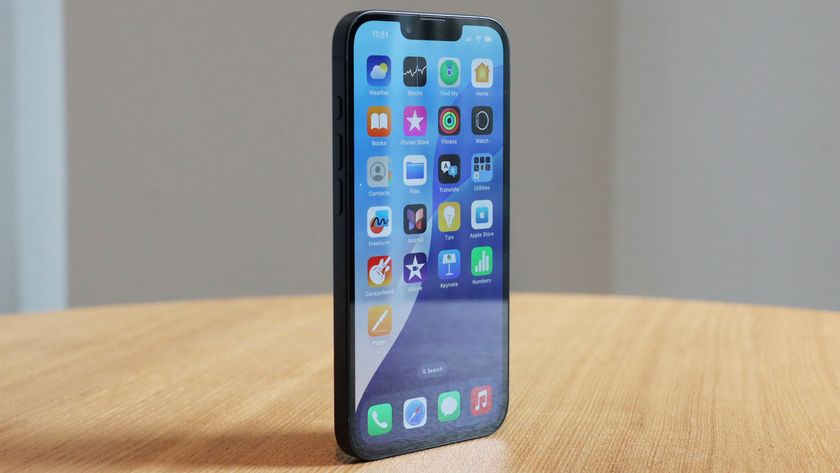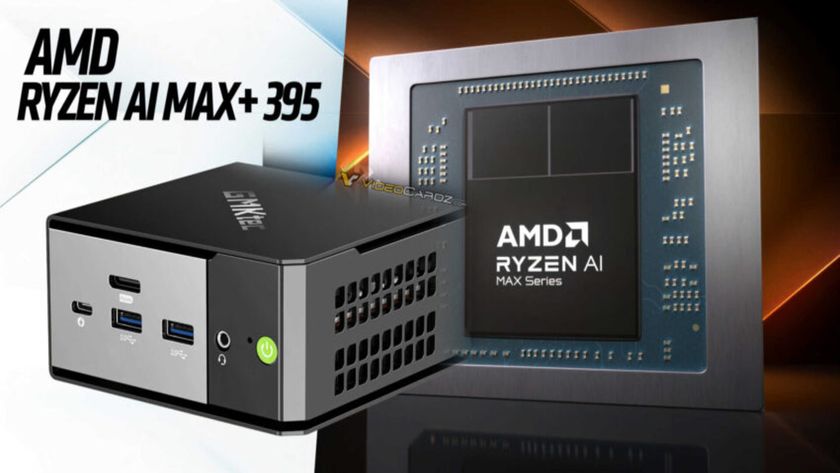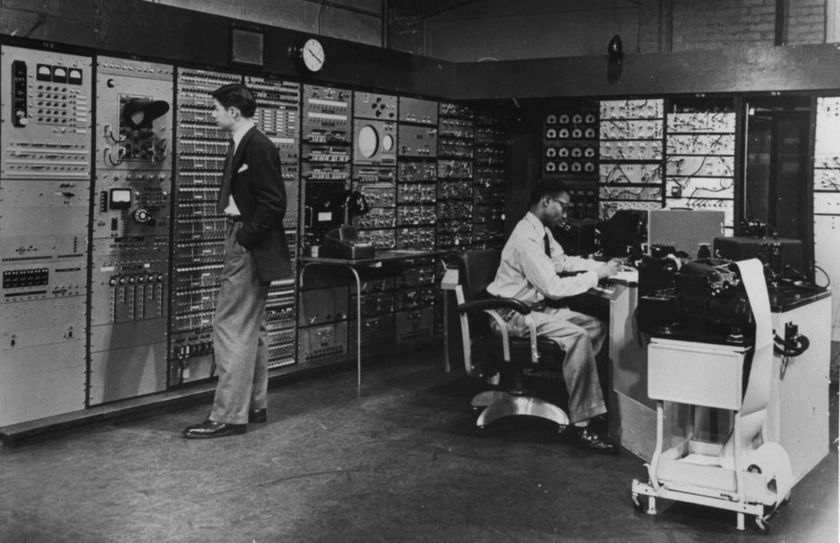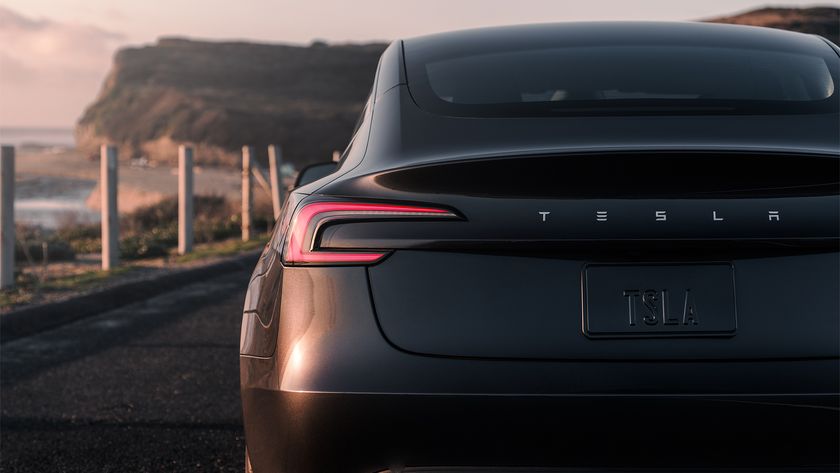How did Sony get the PlayStation Classic so terribly wrong?
Putting the ‘no’ in nostalgia
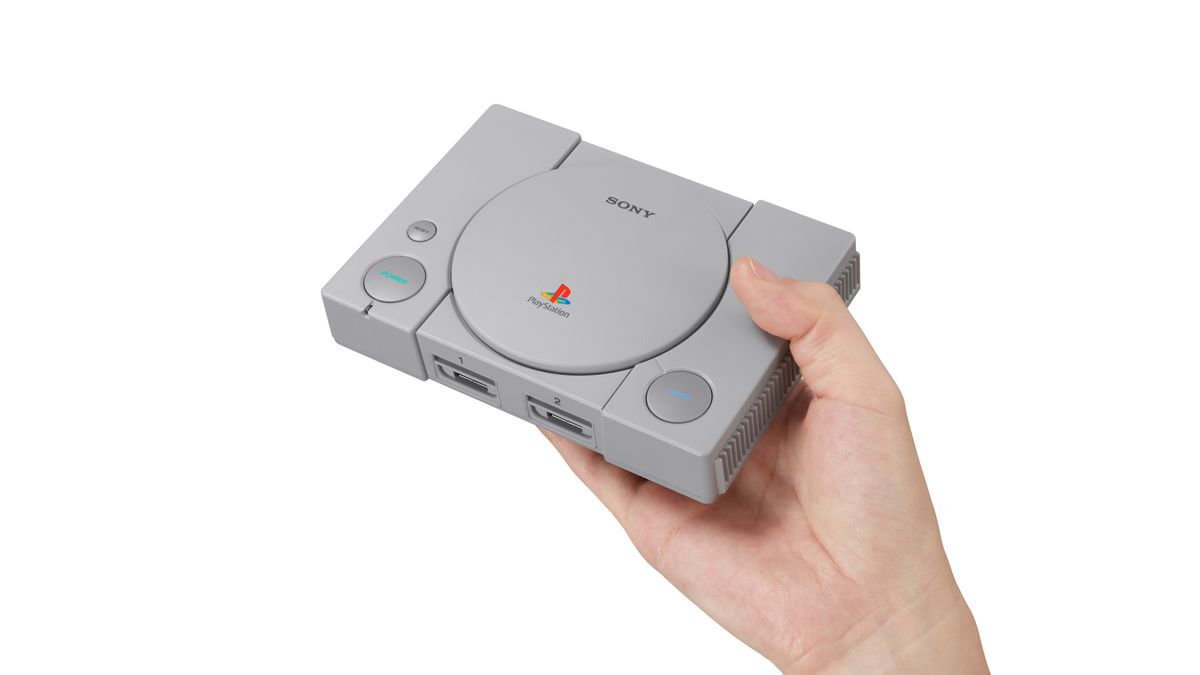
The launch date of the PlayStation Classic is fast approaching, perfectly timed for the holiday season, when it will ostensibly drown us in wistful memories of gaming past. Nostalgia is a powerful resource, after all – as shown by the sellout success of Nintendo’s NES Classic and SNES Classic mini-consoles.
But look a little closer at Sony’s offering, and it looks like a fudge job, compiled well after Sony decided to jump on the nostalgia bandwagon. It’s as if Sony was dead set on offering something in the mini-console market before actually checking whether it had anything to offer – which, as it turns out, is not all that much.
- PlayStation Classic review: limited, but lovingly crafted hardware
Getting games to market
Before we pick out more specific examples from the PlayStation Classic line-up, it’s worth a general comparison via our sister site, GamesRadar. Cross-referencing the PS1 Classic’s 20 games with GR’s list of the 25 best PS1 games, the PS1 Classic has five titles that make the cut: Metal Gear Solid, Final Fantasy VII, Oddworld: Abe’s Oddysee, Tekken 3 and Ridge Racer Type 4.
The SNES Classic’s 21-game roster, meanwhile, has a whopping 19 games in GamesRadar’s 25 best SNES games – which doesn’t even take into account the never-before released Star Fox 2 that comes bundled in with the console; a tasteful bonus for those who buy into the console’s nostalgic 90s throwback.
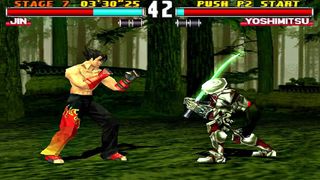
Cynics may dismiss mini-consoles as a gimmick, a false collection of software that could be easily emulated without the fuss around a controlled hardware release. But a lineup of 21 mostly all-time-classic SNES games at $4 / £3 / AU$6 a pop, complete with a lovingly designed replica of the console to tap into those joyous childhood memories, represents fine value for money.
So how did the PS1 Classic end up fronted by such a ragtag lineup? Did Rayman and Mr. Driller at some point displace Crash and Spyro as PS1 mascots? Is Cool Boarders 2 really the snow-capped peak of PS1 sports games?
Part of the problem is that one of the selling points that made the original PlayStation such a maverick, edgy console in the 90s has come back to haunt the Classic.
Get daily insight, inspiration and deals in your inbox
Sign up for breaking news, reviews, opinion, top tech deals, and more.
The PS1 was the first console to really exploit all that extra capacity afforded by the CD medium (no offence to the Sega CD and Atari Jaguar CD), defining itself by the licensed music blaring out of its best games.
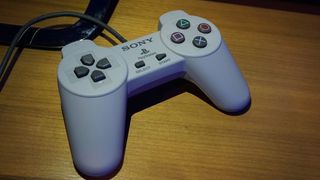
Sony's 90s-era console was a perfect synchronicity of marketing – aimed firmly at ravey, rebellious teens – and product, which actually reflected the branding. Unlike, say, Nintendo’s attempt in the same era to give itself a more punky image.
Classics like Tony Hawk’s Pro Skater, Wipeout and Gran Turismo – all of which should’ve been shoe-ins for the PS1 Classic – would’ve therefore faced impossible licensing obstacles to make it over.
Crash and burn
Of course, the elephants in the room are Crash Bandicoot and Spyro the Dragon. With two of the console’s most recognisable, nostalgia-saturated mascots have recently received successful remasters courtesy of Activision, which has owned the IPs since 2008, it’s likely that the publisher wanted to keep the precious currency of ‘Nostalgia Feels’ to itself.
With the Spyro Reignited Trilogy and the PS1 Classic coming out so close together, the publisher may not have wanted a low-polygon version of the purple dragon flitting around and taking attention away from the remastered one.
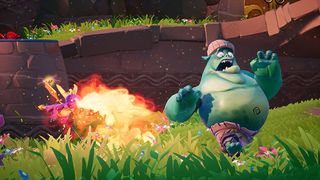
Perhaps Sony thought that gamers’ desire to replay the original Crash and Spyro would’ve been obviated by the glossy remasters. That would’ve been a big mistake, overlooking (or wilfully ignoring) the fact that people buy into mini consoles specifically for the retro feel of old favorites, without the spit-and-polish of modern, high-definition graphics.
The same excuses can’t be applied to the absence of Sony’s own IP Ape Escape, but the classic platformer would have required Sony to upgrade the controllers to DualShocks – extra manufacturing costs that Sony evidently didn’t want to splash out.
Unless there actually is nostalgic value to the awkwardness of playing 3D games using a d-pad? The only memories it brings back for me are those of chafed inner thumb joints. A neat innovation here would’ve been to offer compatibility with the fundamentally-similar DualShock 4 controller, but perhaps in-built Bluetooth would’ve been too much of an expense given that even the games list feels awfully scrimpy.
Nintendo understands that a mini-console needs to capture the types of games that console was renowned for. The original PS1 was where survival horror and JRPGs really came to life, using the crisp soundtracks and economical 3D graphics (aided by those lovely pre-rendered backgrounds) to immerse us like never before.
Yet both these genres are poorly represented on the PS1 Classic.
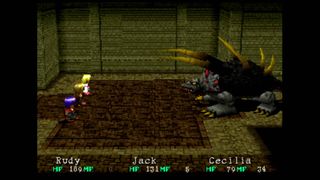
Sony came to an understanding with Square Enix over Wild Arms and Final Fantasy VII – a marquee title that’s synonymous with the console and a vital marketing tool. But when it came out in 1997, Final Fantasy VII marked the beginning of a JRPG golden age on the PS1, driven mostly by Squaresoft (now Square Enix).
Square’s catalog alone had games like Xenogears, Final Fantasy VIII, Final Fantasy IX, Legend of Mana, Chrono Cross and Vagrant Story, yet all Sony obtained from the publisher was the most recognisable – if not necessarily the best – game in this illustrious chain.
It’s interesting to note that another Square RPG, SaGa Frontier, is coming to the Japanese PS1 Classic. Despite not being terribly well rated, this game was a huge hit in Japan at the time, indicating that marketing was perhaps a stronger factor than quality when curating this lineup.
Survival horror is another omission, fronted by Resident Evil: Director’s Cut and nothing else. Attempts to bring Resident Evil 2 may have run aground due to the upcoming remake, but the original is on a technical level the weakest of the lot. It’s not unwelcome, but would have worked better as a novel accompaniment to more polished titles like Resident Evil 3, Capcom’s other survival horror classic Dino Crisis, or the eternally unsettling Silent Hill.
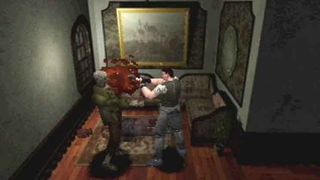
The Japanese PS1 Classic at least gets RPG-horror hybrid Parasite Eve (also from Square Enix); a great game based on a bestselling Japanese novel that failed to gain much traction in Western markets.
While we’re in Capcom’s catalog, Super Puzzle Fighter II Turbo makes the cut, which makes you wonder why one of greatest fighting games of all time, Super Street Fighter Alpha 3, didn’t make it to the PS1 Classic as well. Maybe Capcom didn’t want to license it out so soon after including it in the Street Fighter 30th Anniversary Collection, but that doesn’t hold up too well when you consider that the SNES Classic managed to get its hands on Super Street Fighter II Turbo.
An incomplete legacy collection
The PS1 Classic’s lineup is one shaped by lost licenses, conflicts of interest with publishers, and what seem like lazy missteps. The included iterations of Twisted Metal and Grand Theft Auto aren’t the strongest PS1 offerings in their respective series, while the notoriously shoddy port of the original Rainbow Six looks like filler, carried by brand recognition alone.
Maybe I’d feel differently if I had the PS1 Classic in front of me, hypnotized by that deep, synthesized whir as the PS logo appeared on my screen for the first time. But really that’s just a nostalgia trigger, like the physical console itself and its arcane controllers; empty symbols that don’t recreate the quality of gaming they once stood for.
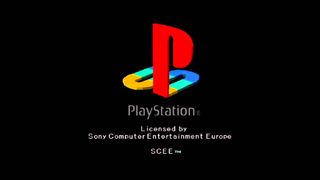
Sony isn’t entirely to blame, and it may also be a hint that procuring stellar game lineups for these mini-consoles will get harder the more recent the console. From the PS1 onwards, licensing became common practice, and third-party publishers and developers played a bigger part in shaping console game libraries.
The N64 Classic, for example, may struggle procuring Rare games like Banjo-Kazooie, Perfect Dark and Goldeneye. The current rage for remastering games from earlier 3D eras, too, is sure to impact publishers’ decisions on whether they want to dish the originals out to these mini-console packages.
The PS1 Classic’s struggles are compounded by a lack of upscaling beyond 720p, and the unavoidable fact that even its few classic games are from that pioneering 3D era that simply hasn’t aged as well as the 16-bit generation before it or the 128-bit era (PS2) after.
While Sony’s troubles putting this together are appreciable, the product they’ve released to market is still a poor simulacrum of the original console, and one that fails to grasp what made the PS1 so special. It feels destined to succeed, even if it deserves to fail. The latter scenario would at least lead to more diligence on Sony’s part when the inevitable PS2 mini-console rolls around.
Robert Zak is a freelance writer for Official Xbox Magazine, PC Gamer, TechRadar and more. He writes in print and digital publishing, specialising in video games. He has previous experience as editor and writer for tech sites/publications including AndroidPIT and ComputerActive! Magazine.
